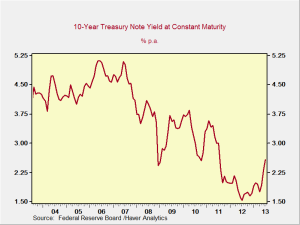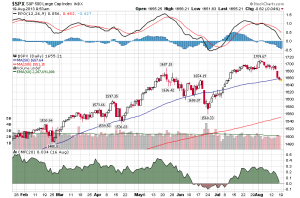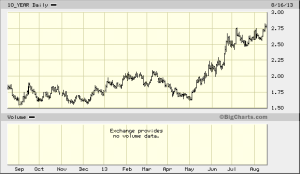One of my earliest musical memories is listening to the song “The Sound of Silence” by Simon & Garfunkel playing on a reel-to-reel tape recorder that my father had brought home when I was very young. I am sure that I had heard music before— on the radio at a minimum—but I remember being very struck by the beauty of the song, particularly the harmony of the voices, in a way that I had never been before. I actually trace my interest in music to that particular song and that particular moment.
I was remembering this in the context of a quiet week in Maine, where I have had the chance to do quite a bit of hiking in fairly unfrequented areas. The area around my cottage has also been quite empty during the week, so I have had a chance to listen to considerably more silence than is normally the case. Silence very definitely has a sound of its own, and, as much as I love Jackson, quiet he is not.








